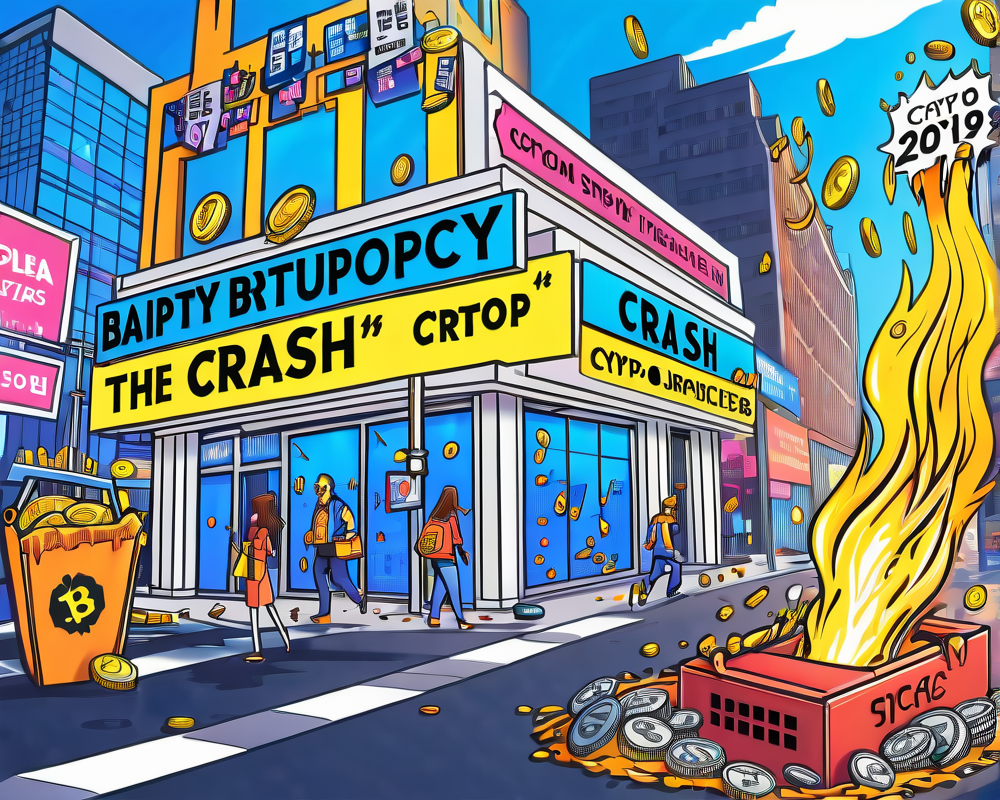The Brooklyn Bitcoin Scandal
In an unexpected twist of events that sounds like the plot of a quirky indie film, Victor Rosario from Brooklyn, New York, found himself in hot water with the FCC. It appears his beloved Antminer S5 Bitcoin miner was rocking the boat—or rather, the broadband waves—by causing interference with T-Mobile’s network. Talk about being a buzzkill!
What the FCC’s Notice Means
On February 15, the Federal Communications Commission (FCC) shot off a “Notification of Harmful Interference” to Mr. Rosario. Simply put, his Bitcoin miner was spitting out some not-so-friendly spurious emissions on frequencies sacred to T-Mobile. It’s like using a megaphone at a library—definitely not advised!
Legal Repercussions
The notice was not just a slap on the wrist. It included stern warnings about various ramifications of continuing the interference, which could lead to hefty fines or, worse yet, the loss of his treasured mining equipment. Who knew mining for Bitcoin could come with such high stakes?
A Technical Tango: Compliance vs. Non-compliance
Interestingly, the FCC’s letter didn’t outright declare all Antminer S5s evil. The agency clarified that not every device plays the villain in this story. Some are compliant with federal laws regarding radio frequency interference unless their owners decide to tweak their devices into non-compliance. Classic case of “with great power comes great responsibility”—or, in this case, potential jail time.
Victor’s Next Moves
Victor has a tight 20-day timeline to respond to the FCC. He’ll need to confirm whether he’s still using the device, provide all relevant labeling information, and explain how he plans to rectify the situation. The pressure is on—will he save his mining setup or face the “fines of fury”?
Bitcoin Mining: A Nationwide Issue
This isn’t just a Brooklyn storyline; it’s a saga playing out nationwide. Take Washington state, for example, where numerous Bitcoin miners have caused the electrical infrastructure of entire counties to buckle under the strain of demand from cheap electricity. Or consider Iceland, which may soon see more energy consumed by cryptocurrency mining than that used by all 340,000 of its residents combined. That’s like one small country getting outmuscled by digital currency enthusiasts!
Conclusion: The Ripple Effect of Cryptocurrency
The saga of Victor Rosario serves as a reminder that while mining Bitcoin can be lucrative, it’s not without its challenges. As FCC Commissioner Jessica Rosenworcel quipped, the whole situation “all seems so very 2018,” reflecting on the ongoing tussle of tech enthusiasts versus regulatory frameworks. Here’s hoping for a resolution that allows both technology and law to coexist without too much drama!




